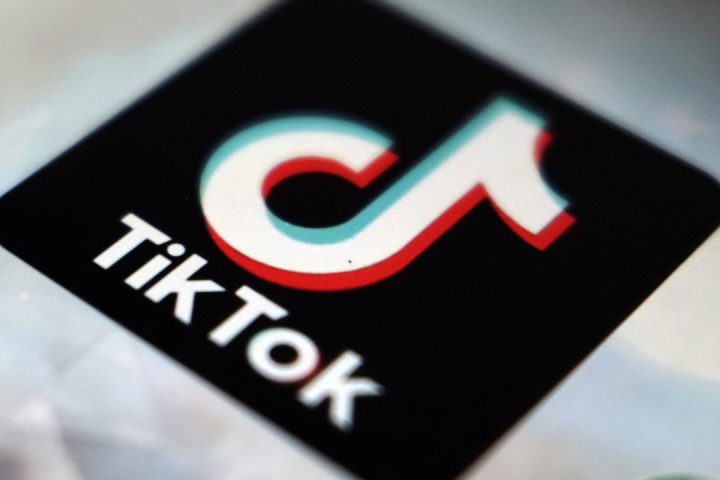Inflation in Europe hit a record high in January, reaching 8.5% in the Eurozone and 8.7% in Germany. This situation is forcing the European Central Bank (ECB) to continue raising interest rates.
The war in Ukraine and the sanctions imposed on Russia have led to high energy prices in Europe. European countries continue to work to diversify energy supply and reduce dependence on Russia.
The European economy slowed down in 2023, but moderate growth is expected in 2024. The Eurozone is forecast to grow by 0.9% in 2024 and 1.3% in 2025. The war in Ukraine and the energy crisis could have a negative impact on European economic growth.
- German Bild Newspaper: Was Sensitive Military Information Leaked to Russia in Nord Stream Project?
- Germany Warns of Potential NATO Attack by Russia in 5-8 Years- Bloomberg
In other important developments, the European Union (EU) plans to ban the sale of new gasoline and diesel vehicles from 2027. The EU continues to work to reach a global agreement on digital taxation. Unemployment rates continue to fall in Europe.
In developments concerning Turkey, the EU demands acceleration of reforms for visa liberalization. The EU plans to start negotiations with Turkey to update the Customs Union. Turkey’s economic growth was 5.3% in 2023.
The European economy faces many challenges, such as inflation and the energy crisis. European countries need to work together to overcome these challenges.
Europe’s Efforts to Reduce Energy Dependence on Russia
Russia’s invasion of Ukraine has highlighted Europe’s urgent need to reduce its energy dependence on Russia. European countries are taking a number of steps to diversify their energy supply and reduce their dependence on gas and oil from Russia.
Some of these steps are:
1. Invest in renewable energy: European countries are increasing their investments in renewable energy sources such as solar and wind power. This will help reduce Europe’s energy dependence and increase energy security.
2. LNG imports: European countries are increasing their imports of liquefied natural gas (LNG) from countries such as Qatar and the US. LNG can play an important role in reducing Europe’s dependence on Russian gas.
3. Energy saving: European countries are trying to reduce energy consumption through energy saving incentives and campaigns. This could help reduce Europe’s need for gas from Russia.
4. Pipeline projects: European countries are working on new pipeline projects to transport gas from countries such as Azerbaijan and Central Asia independently of Russia.
5. Alternative energy sources: European countries are starting to invest in alternative energy sources such as hydrogen and biomass. These sources can help diversify Europe’s energy supply and reduce its dependence on Russia.
In addition:
The European Union (EU) aims to reduce gas imports from Russia by 2/3% by 2030 under the REPowerEU plan.
The EU is working on an emergency plan to lower energy prices and increase energy security.
European countries have signed a series of bilateral agreements to diversify energy supplies.
Europe’s efforts to reduce its energy dependence on Russia had an impact on European stock markets
Short Term:
- A rise in energy prices could lead to a general decline in European stock markets.
- Energy-intensive sectors, such as manufacturing and transportation, could be among the hardest hit.
- It could push inflation in Europe even higher.
- It could cause the European Central Bank (ECB) to accelerate interest rate hikes.
Long Term:
- Investments in renewable energy can create new investment opportunities in European stock markets.
- It could increase Europe’s energy security and stabilize European stock markets.
- It could reduce Europe’s economic dependence on Russia, making European stock markets less vulnerable to geopolitical risks.
Europe’s Energy Dependence on Russia Shakes Stock Markets
Europe’s energy dependence on Russia continues to cause fluctuations in European stock markets since the start of the war in Ukraine. While the rise in energy prices has led to a general decline in European stock markets, energy-intensive sectors are among the most affected sectors.
Energy Prices Rise
Uncertainty over gas supplies from Russia and the course of the war in Ukraine are driving up energy prices in Europe. This is leading to a general decline in European stock markets. Particularly energy-intensive sectors, such as manufacturing and transportation, are among the hardest hit.
Inflation Pressure Increases
The rise in energy prices is also pushing inflation up in Europe. This may cause the European Central Bank (ECB) to accelerate interest rate hikes. Interest rate hikes may lead to a new wave of selling in European stock markets.
Long Term Impacts
Europe’s efforts to reduce its energy dependence on Russia will also have long-term implications for European stock markets. Investments in renewable energy could create new investment opportunities in European stock markets. It could increase Europe’s energy security and stabilize European stock markets.
However, it is difficult to predict how large these effects will be and how long they will last.
Europe’s efforts to reduce its energy dependence on Russia will have both short-term and long-term effects on European stock markets, experts say.
In the short term, these efforts could lead to a rise in energy prices and a general decline in European stock markets.
In the longer term, these efforts could increase Europe’s energy security, stabilize European stock markets and create new investment opportunities in European stock markets.





